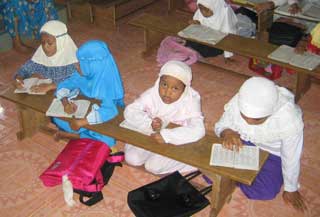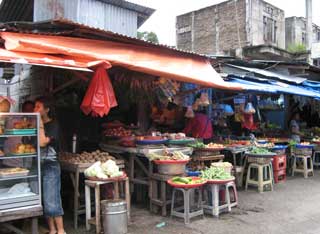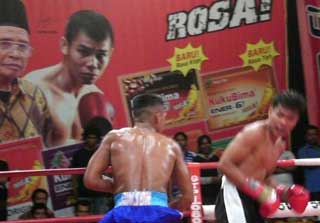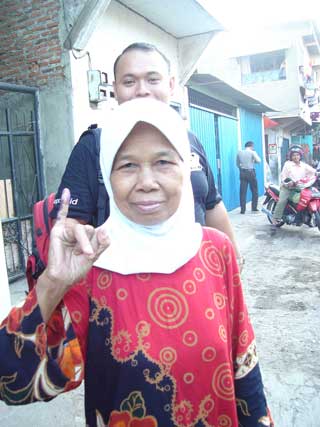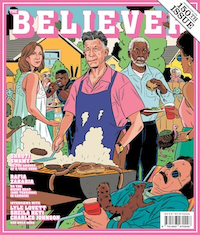Peasants and priests
14 July 2025by MARTIN ELVANYUS DE PORRES
The price of sacred land
08 June 2025by DION PARDEDE
Essay: The water that breaks the wall of forgetfulness
08 June 2025by ALVINO KUSUMABRATA
Photo essay: Breaking the fast
02 June 2025by MARK WOODWARD AND INDRA HARTIKA
The stiletto and the bludgeon
20 May 2025by AIDAN HALL
Essay: Cuddly Grandpa unmasked
24 April 2025by DUNCAN GRAHAM
Review: Making the subject of Sunda
14 April 2025by WAHYUDI AKMALIAH
How America’s Tariff of 1930 helped end forced labour in the Dutch East Indies
08 April 2025by BUDIMAN MINASNY
Essay: When cultural roots meet political change
31 March 2025by FERHANDI PRASETYO
Essay: The illusion of choice at the crossroads
25 March 2025by ABELLIA ANGGI WARDANI

